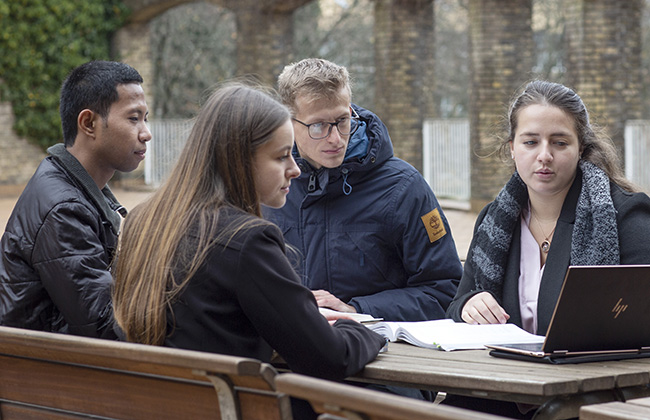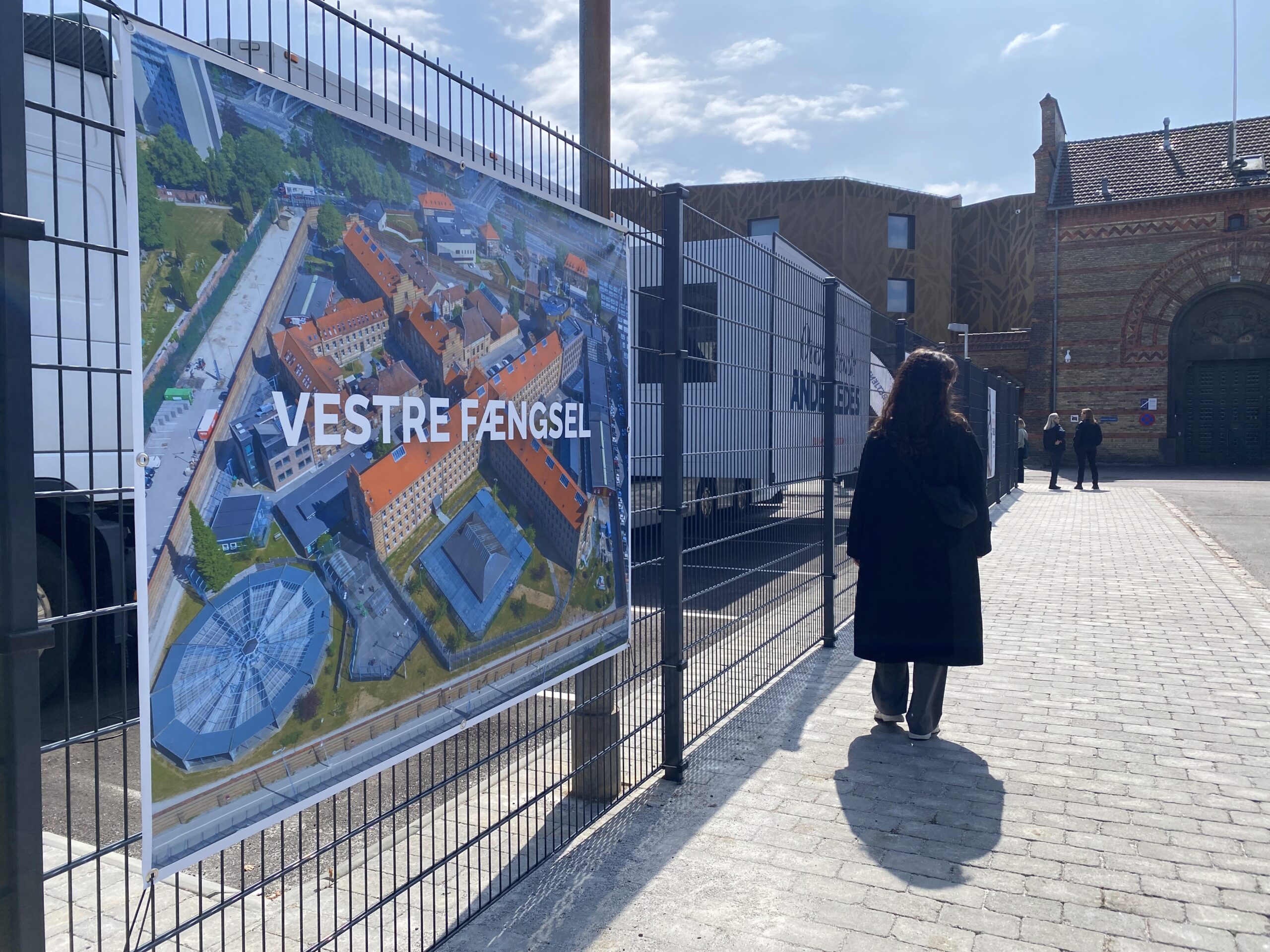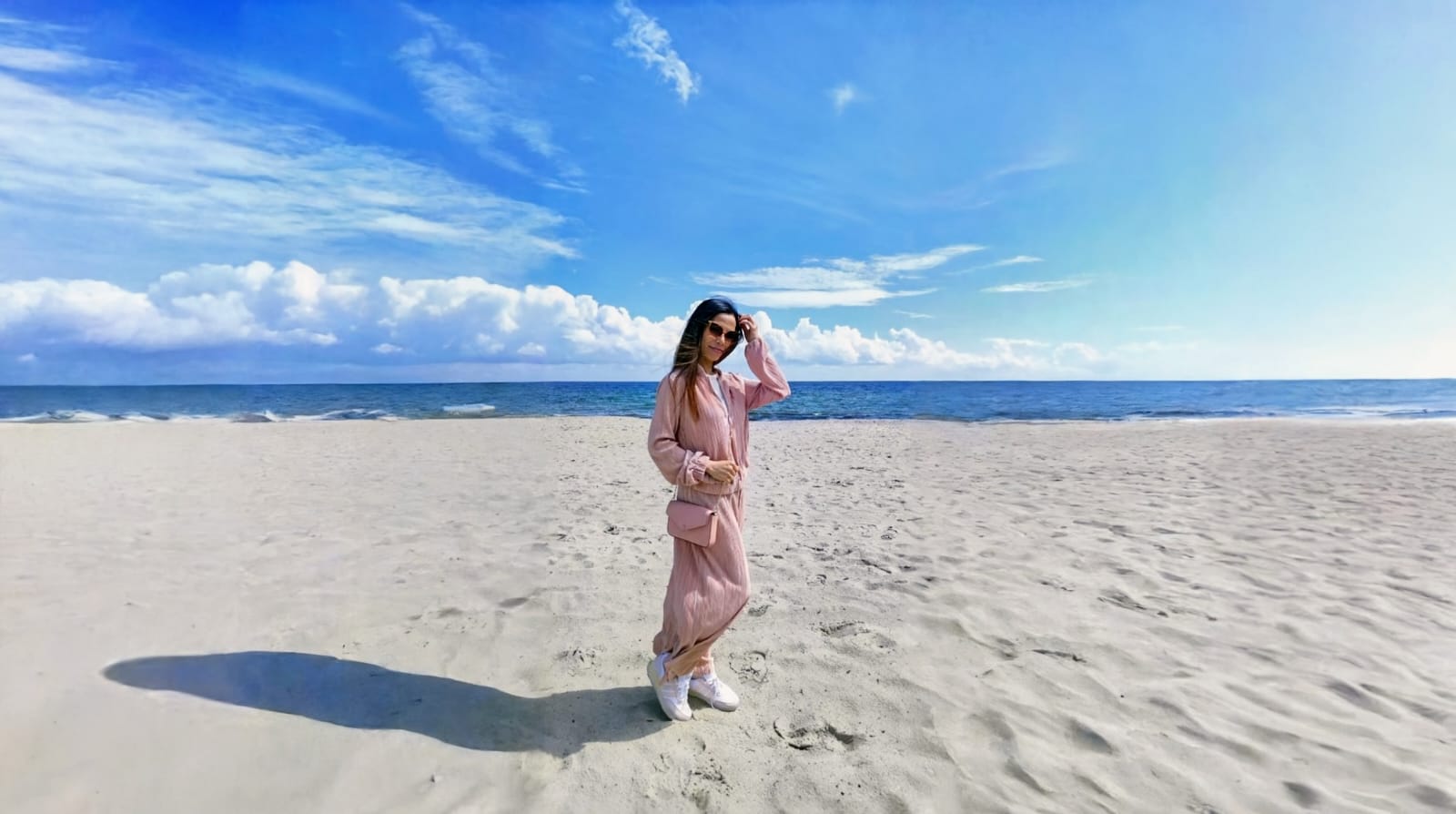In 1993, an inexperienced, untrained young man with big dreams decided that something was lacking in the Copenhagen art scene: a truly great contemporary art gallery. Twenty years later, this same young man has become one of the leading forces in the Danish art scene, representing some of the biggest names in the art world. His name is Nicolai Wallner.
Situated in Vesterbro, not far from Carlsberg’s massive headquarters, is the monument to his dream, Galleri Nicolai Wallner. The gallery occupies an 800 sqm space in what used to be a garage for Carlsberg delivery trucks. The size of the space makes it the largest contemporary art gallery in the city.
Later today, the gallery celebrated its 20th year in operation with the exhibition Copenhagen 93, is showcasing some of the artists who were there at the very beginning, including Ólafur Elíasson, Jens Haaning, Michael Elmgreen, Joachim Koester and Peter Land.
From the suburb to the art scene
Becoming a world-renowned gallerist was not a fate Wallner was handed at birth, as it was only during his upper-secondary education that he became interested in art.
“I grew up in the suburb of Albertslund in a very middle-class family, and it was only when I entered school in Rødovre that I got a Danish teacher who encouraged us to go to art galleries,” he explained. “It was him who inspired me to go to art shows, and through that I met all these artists who challenged the value system I was brought up with.”
Wallner explains that he was fascinated by how artists worked night and day on creating something, that society deemed to have no practical value. He had stumbled into an environment that seemed to exist in opposition to the one he had known before.
“You are brought up with a very strict value system that tells you that you need an education, you need to join in the grand machine that is society, and there you want to become the biggest cog possible. But the artists I met – they functioned on a whole other level.”
Humble beginnings
Wallner’s first dabble in the art scene took place in 1991 when he and some friends opened up Campbell’s Occasionally in the basement of his mother’s home in the Vesterbro district. There he hosted occasional shows and expanded his network of local artists.
Two years later he moved out of his mother’s basement and set up shop on Store Kongesgade by Kongens Nytorv.
“It was all very cheap in the beginning; the showroom was very trashy and the rent was low,” he said. “The whole operation was financed by a group where everyone pitched in 500 kroner and then I tried to go out and find sponsors. The whole thing was kind of a collective for the first six months, until I took it over.”
According to Wallner, galleries in Copenhagen at that time worked very differently from how they do now, acting more as showrooms rather than representatives for the artists. Drawing on experience from abroad, he set up his gallery as the first in Copenhagen to be an acting representative and agent for its artists. In so doing, Wallner introduced a new way of approaching the art world, which has since become the standard modus operandi.
The HC Andersen effect
It might seem odd that a boy from Albertslund, without any formal training in either business or art history, would end up representing Turner-nominated artists at the world’s biggest art fairs. But Wallner believed in the end result already from the start.
“I always knew that the Danish artists of the time were exceptional, and immediately after we started exhibiting abroad, we knew we were right. Danish contemporary artist weren’t really recognised at home, and you could say there was this HC Andersen syndrome, where you must first be noticed abroad before you get respected at home.”
According to Wallner, Danish art institutions have always been quite conservative, and it was first during the late 1990s that they started taking note of these young contemporary artists who were making a splash abroad.
“At the time, if you wanted things done, you had to do them yourself and that was how things worked,” he explained. “The Danish art world has got a lot better over the last 20 years, and we have definitely been a part of that evolution.”
The exhibition ‘Copenhagen 93’ opens today, Wednesday 28 August at 17:00, and runs until October 19. Visit www.nicolaiwallner.com for more details.












